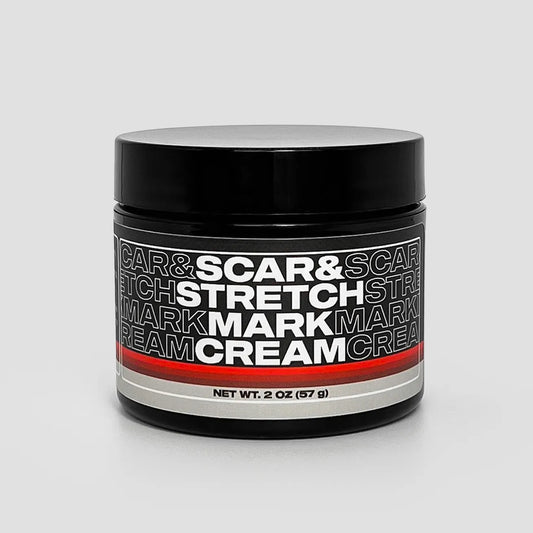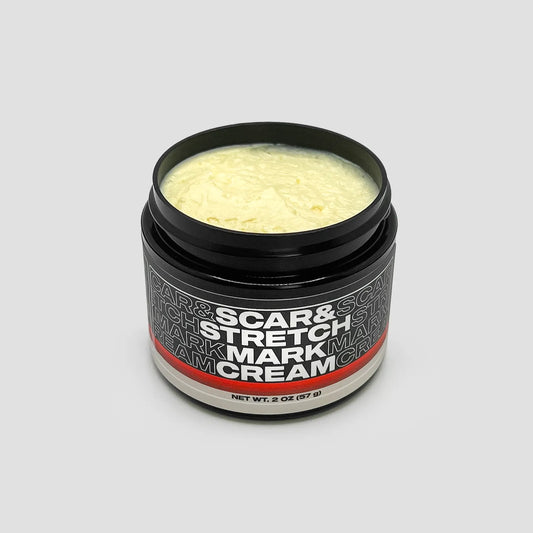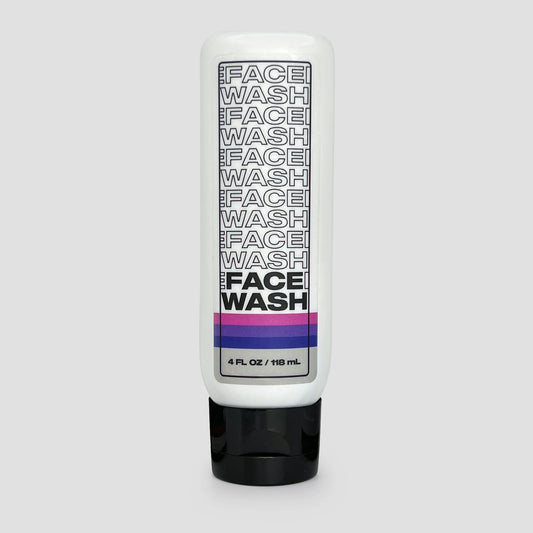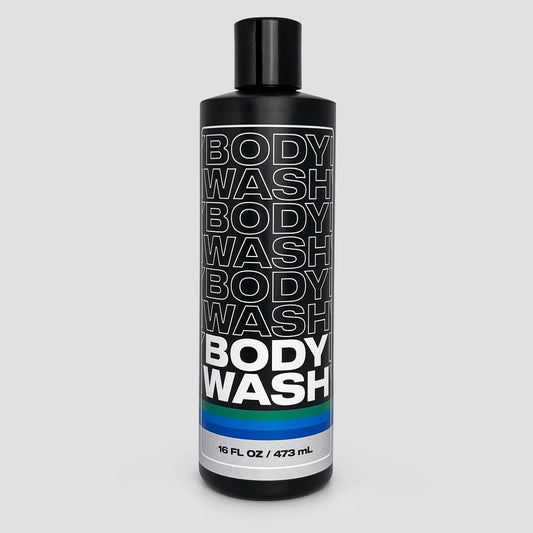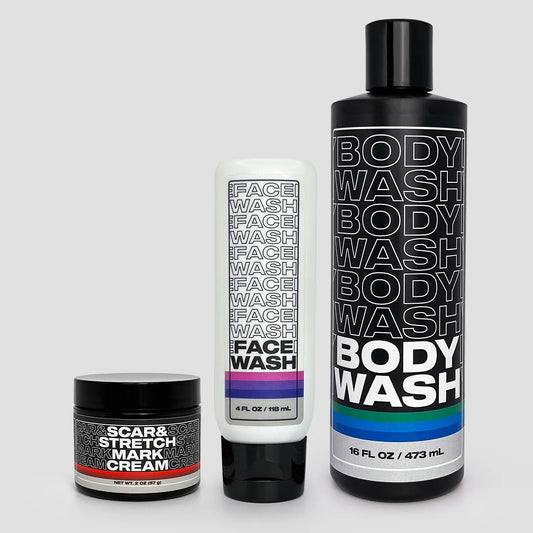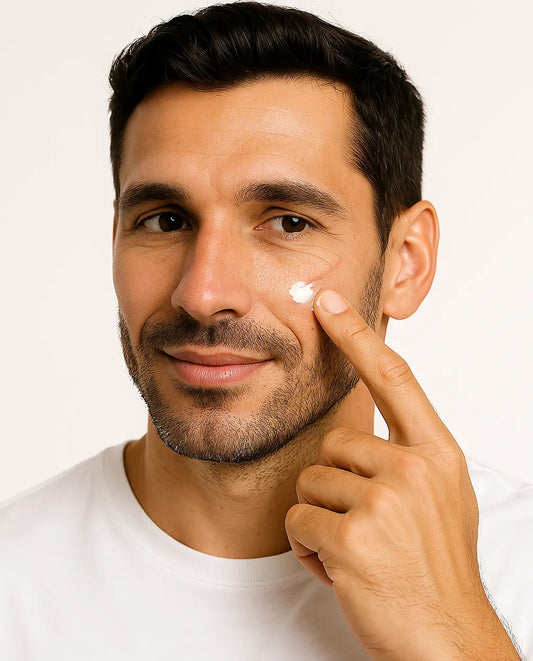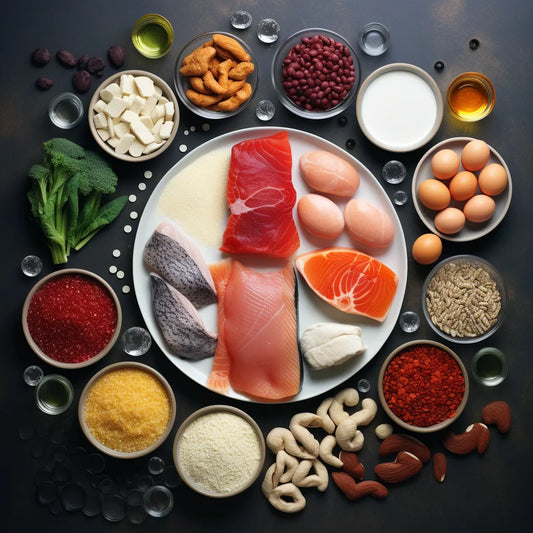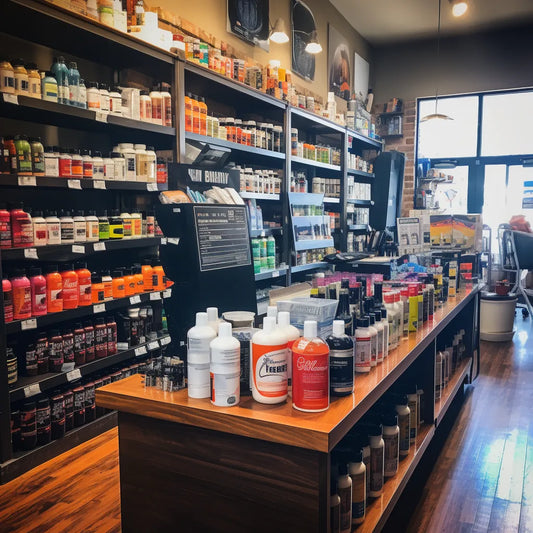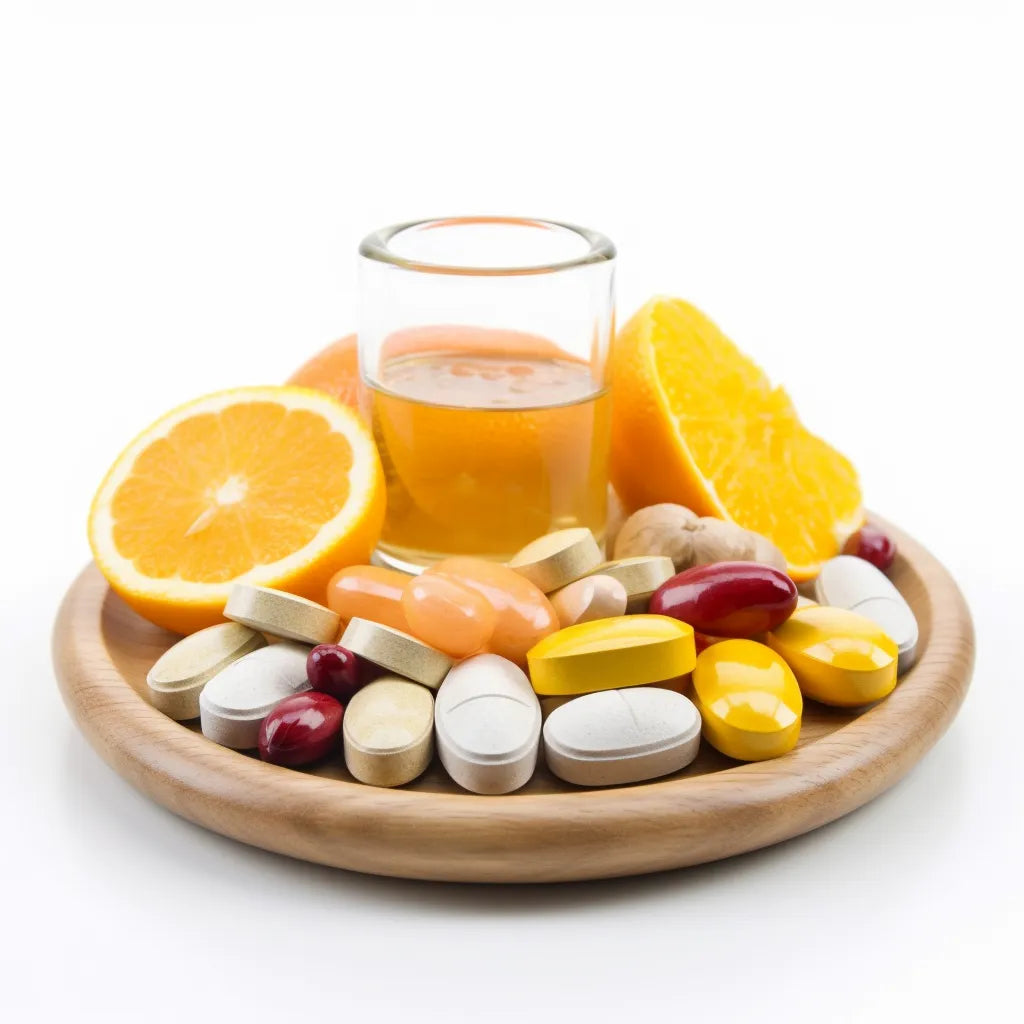
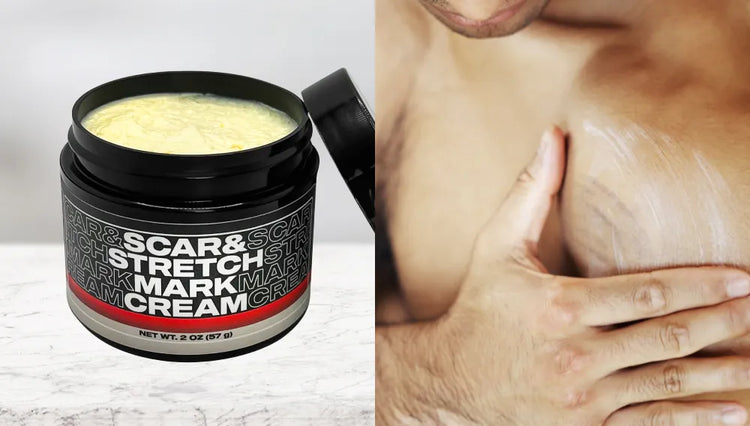
Ever wonder which protein is the heavy-hitter in the league of muscle building and body recovery? You are not alone.
For the fitness enthusiast, understanding protein types: collagen and milk protein is as critical as knowing the right workout routines for each muscle group. It's not just about consuming protein; it's about understanding what the protein does for your body, especially in our target demographic of athletic men in their early 18s to mid-30s.
In this post, we'll venture into the great debate: Collagen Protein vs Milk Protein - knowing the difference could critically affect your fitness goals and overall body health.
You'll learn the science behind these proteins, how they affect your body, which protein you need to incorporate into your diet based on your fitness goals, and ultimately how it contributes to the state of your skin.
What's the difference between Collagen Protein and Milk Protein?
Collagen protein, also known as collagen peptides, are small bioactive peptides obtained from the enzymatic hydrolysis of collagen. They are rich in amino acids, which contribute significantly to the regeneration of joint and bone cartilage. Similarly, collagen protein promotes skin health by promoting elasticity and hydration. (source)
On other hand, Milk protein, commonly recognized in the form of whey and casein protein, is complete dietary protein containing all nine essential amino acids necessary for functions such as muscle growth and repair. Since it's digestible and quickly absorbed into the body, it's a favorite choice for muscle building. (source)
Which protein contributes to better skin health?
While both proteins contribute to your body's wellness, Collagen Protein is recognized for its unique contribution to skin health. It helps in improving skin elasticity and hydration, which can substantially reduce signs of aging such as wrinkling and sagging. Furthermore, Collagen may better assist with scar healing and stretch mark reduction, providing that added layer of skin care vital for men who train. (source)
Your Game Plan: Incorporating The Right Proteins In Your Diet
Packing the right kind of protein into your diet may seem intimidating, but we're here to demystify the process.
1. Understand Your Proteins
Before embarking on a dietary change, understand the profile of each protein powder and their benefits. Milk protein, especially Whey, is excellent for muscle building while Collagen Protein emphasizes joint health and skin wellness. Research from reputable sources and consult a nutritionist if possible. (source)
2. Identify Your Needs
Your body's protein needs hinge on several factors, including your age, sex, physical health, and most notably, your activity level. Having identified what each protein offers, align your body needs to either or both proteins. For a full skin and body recovery package, incorporating both proteins may be beneficial.
3. Test and Observe
Start by incorporating one protein into your diet and observe how your body responds. Give your body time to adjust to it. Take notes on any noticeable changes in your energy levels, recovery times, muscle growth, and overall skin health.
4. Rotate or Combine
Based on your body's feedback, you may choose to use both proteins at different times or combine them. For more on this, seek advice from your nutritionist or trainer.(source)
Can I take collagen protein and milk protein together?
Yes, both proteins can be consumed together. They offer unique benefits, and a combination in your diet achieves a rounded approach to body health: muscle development, recovery, joint health, and notably, skin wellness. Always remember to listen to your body and adjust as necessary. Do not substitute balanced meals with over-reliance on protein supplements. (source)
Should I take collagen before or after workouts?
Collagen protein can be taken either before or after workouts. Taking collagen before workouts potentially supports joint health and may enhance performance, while post-workout serves to support recovery.
Get Ahead of The Game: Amplify Your Performance with the Right Proteins
Your quest to keep fit doesn't end when you drop the last dumbbell—it's a lifestyle commitment, and knowing what fuels you is paramount. Collagen Protein and Milk Protein serve the body differently. By understanding these proteins, you've taken the crucial step in aligning your diet and supplement intake toward achieving your fitness goals as well as optimizing skin health.
Rewinding The Action: Your Takeaways
- Understanding the difference between Collagen and Milk Protein is fundamental.
- Collagen Protein plays a significant role in promoting skin health.
- Milk Protein is the go-to protein for muscle building.
- Identify your protein needs based on fitness and health goals.
- You can safely consume both proteins to reap the multiple benefits they offer.
Finally, remember that supplements are just that – an addition to your balanced diet. Consuming supplements should not become a substitute for a well-rounded, nutritious meal. Now, get out there and make an informed shake!
